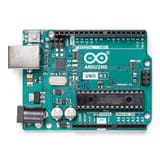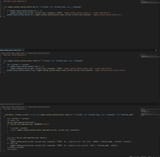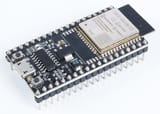>>106092343
>People, if there are people in the 22 century, will still be coding in 'c'.
C and C++ are holding back computer design. Hardware can have garbage collection, dynamic typing, lazy evaluation, and all the other advanced features of modern languages. Lisp machines were from the 80s and there were computers made for Java and Haskell. None of that requires any changes to the overall design of the computer. It's still von Neumann with RAM and instructions, just a different CPU architecture. In the 22nd century, computers probably wouldn't have von Neumann style instructions at all, but might be some kind of neural network or something we can't even imagine.
>>106093937
>What other programming language offers the same speed, compatibility and support?
Lisp, Fortran, Pascal, Ada. A lot of languages do.
>What would make switching to this other language even worth it?
It's already worth it. Lisp machines are like having a JavaScript or Python level language for OS development, with support from the hardware.
>>106094031
>C is not a programming language anymore. It has become the protocol through which all software components interface with each other.
C is the worst language for that because it's the weakest language. What you want is the most powerful language with the most powerful type system. This was the Multics designer's idea with using PL/I for Multics. They wanted the most powerful language for the time, because that would reduce redundancies between languages and increase compatibility.
>Every other language is a second class citizen having to use some gross FFI. This is why C persists. Using any other language results in friction.
If you use C, everything, even C itself, is a second class citizen. C just gives you null-terminated strings and for everything else, you get nothing.



















